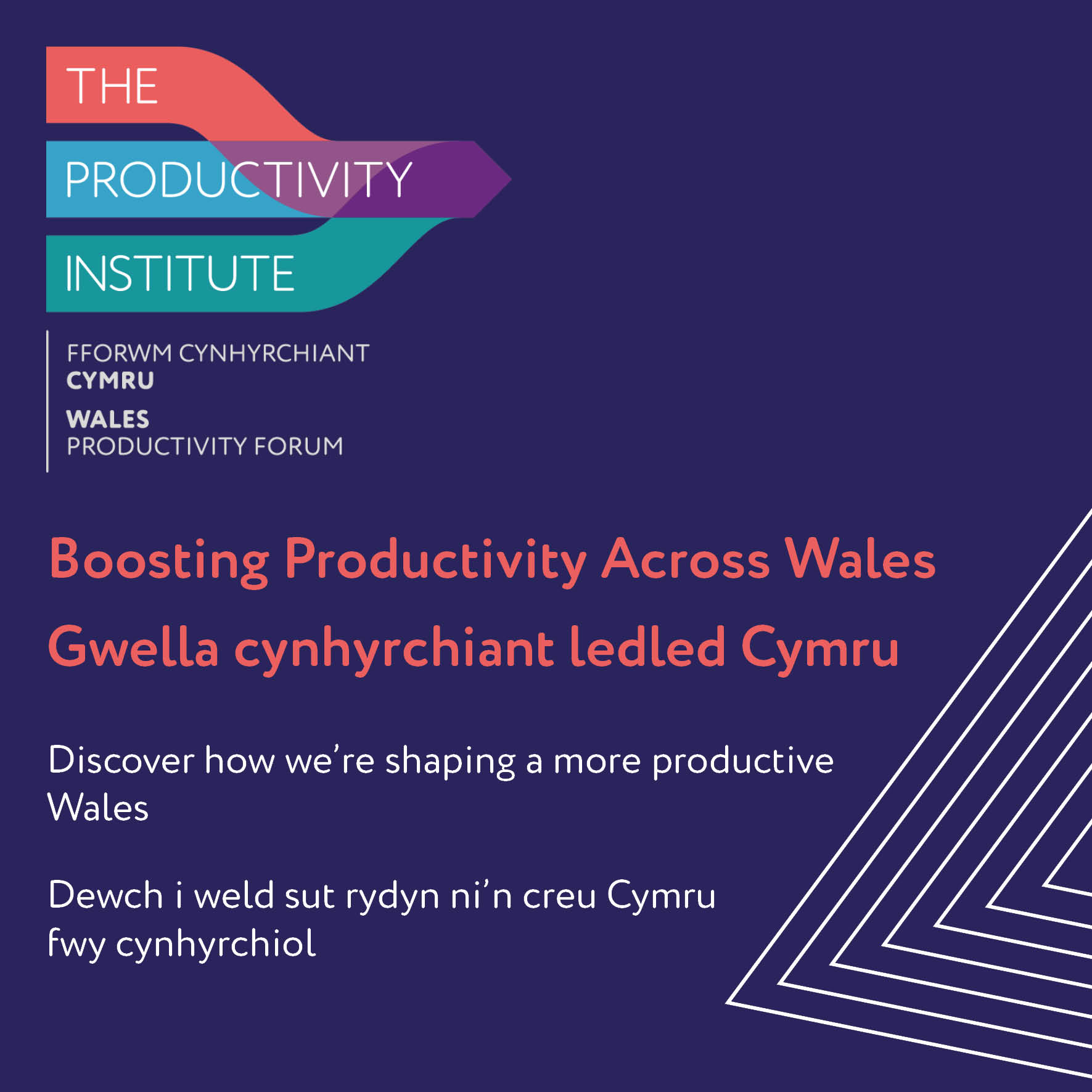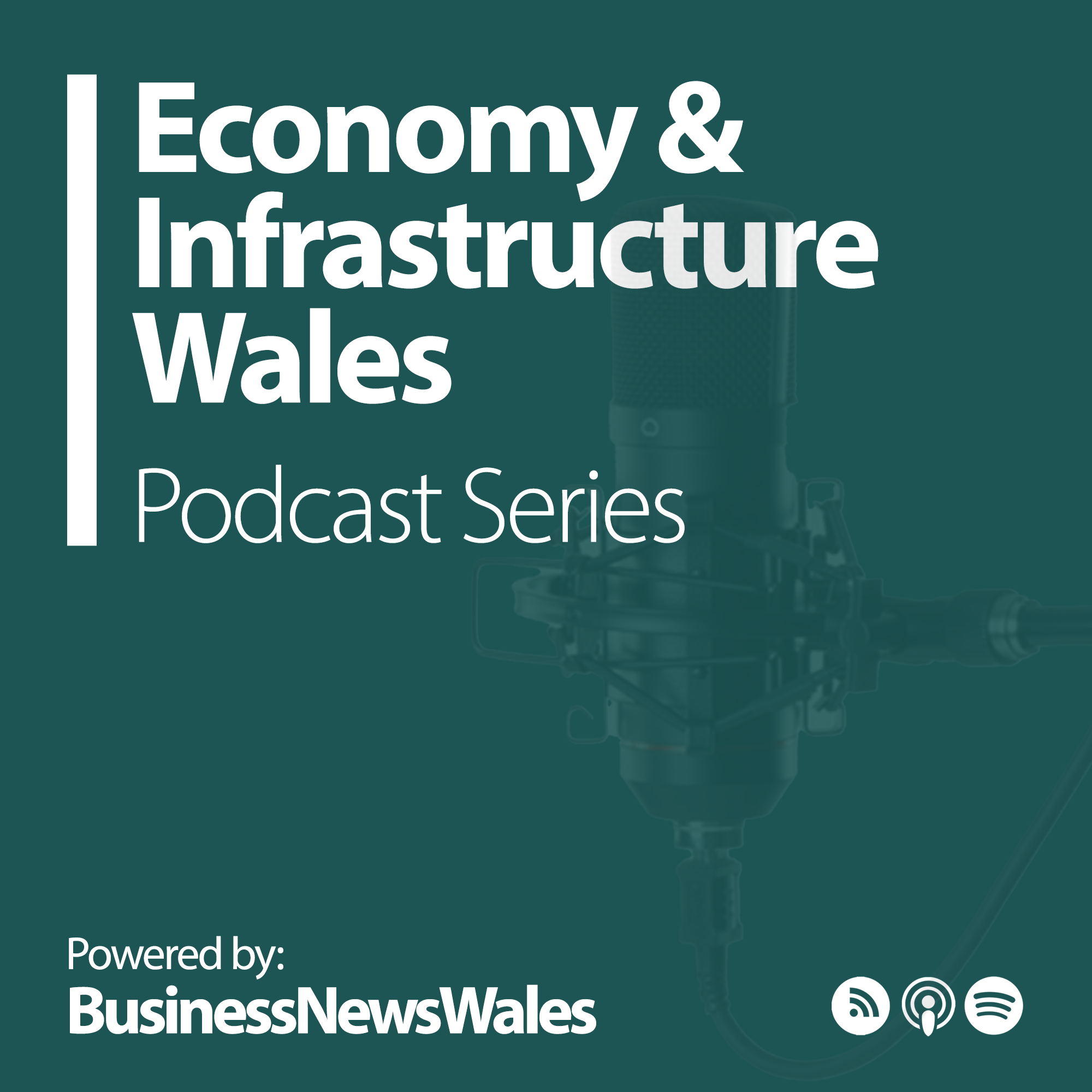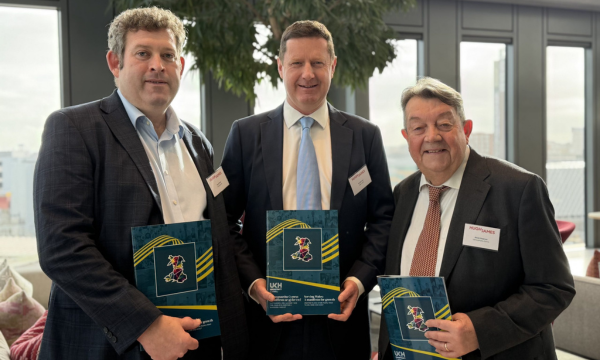
GUEST COLUMN:
Ben Cottam
Head of Wales
Federation of Small Businesses

Small businesses are the backbone of the Welsh economy, and as we navigate 2025, there’s a clear need to build on the resources and connections we already have to ensure they thrive.
While the past few years have been marked by significant challenges – economic uncertainty, rising costs, and global instability – there’s a real appetite among small businesses to move beyond survival mode and look towards growth.
To achieve this, I’m declaring 2025 as the year we need to get the band back together. Wales has all the elements to create a supportive ecosystem for businesses: strong networks, close links with government, and access to expertise from academia and beyond. However, what’s often missing is the coordination to make these resources truly accessible and impactful. This year must focus on fusing these elements more effectively to deliver tangible benefits for businesses.
A key challenge remains the cost pressures that many smaller businesses are facing. Energy prices are likely to rise again this year, and ongoing inflation continues to bite into margins. While these pressures are real, there is also a sense of cautious optimism. Businesses are ready to discuss growth, innovation, and opportunities – but they need the tools and support to navigate immediate challenges while preparing for the future.
One area where we need to do more is around technology adoption. Innovations like 5G and AI have the potential to revolutionise productivity for small businesses. With the right connectivity and infrastructure, even the smallest enterprises can adopt AI-powered platforms to improve customer acquisition, content creation, and operational efficiency. For many, this will be the most practical route to boosting productivity.
Another critical focus is on ensuring investment in Wales benefits local communities. Developments like floating offshore wind present immense opportunities, but we must activate small business supply chains to ensure that this investment is “sticky” – that it stays within Wales and drives local economic growth. By ensuring that small businesses have access to these opportunities, we can make Wales an attractive and competitive place to do business.
Skills are another essential piece of the puzzle. The existing regional skills partnerships and collaborations between further education (FE), higher education (HE), businesses, and government are crucial, but we need to ensure this architecture is fit for the future. Take floating offshore wind as an example: we need to identify the specific skills gaps in this sector and work closely with FE providers to prepare the workforce for these emerging opportunities.
Apprenticeships are a critical part of this conversation. While large employers like Airbus are leading the way in apprenticeship schemes, the real gains will come when small businesses feel empowered to hire and train apprentices. We need to make it easier for businesses to take this step, as the benefits are twofold: providing valuable skills for the workforce while equipping businesses with the talent they need to grow.
Finally, we must prepare for key moments in Wales’ business calendar, such as the Welsh Government’s investment summit this autumn. This event offers an opportunity to demonstrate that Wales is not only well-networked but also focused on long-term solutions to productivity and growth challenges. By the time this summit rolls around we need to show that we have a clear ambition and strategy, which will inspire confidence in both domestic and international investors.
The foundations for success are already in place. Wales has strong networks, world-class expertise, and a wealth of entrepreneurial talent. This year must focus on bringing all these elements together and ensuring they are accessible to businesses of all sizes.













